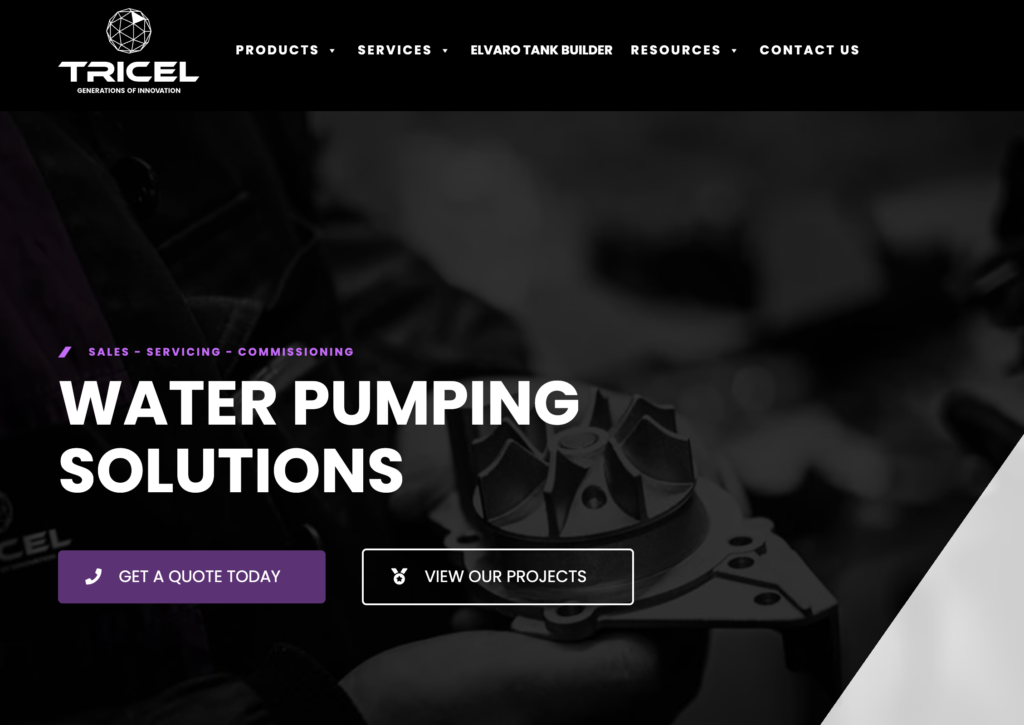
Maximizing ROI with Farm Water Tanks in Agriculture
Home » Water Industry Insights & Innovations » Maximizing ROI with Farm Water Tanks in Agriculture

Water is a critical resource in agriculture, influencing everything from crop yields to livestock health. As climate variability increases and water costs rise, efficient water storage is no longer optional—it’s essential. Investing in high-quality farm water tanks is one of the most effective ways to improve operational efficiency and maximize ROI in farming.
At the forefront of this solution is Tricel Water UK, a trusted manufacturer of WRAS-approved GRP (Glass Reinforced Plastic) tanks designed for the demanding conditions of UK farms.
The Evolution of Agricultural Water Storage
Historically, farms relied on wells, rivers, and rainwater collection using barrels or stone cisterns. These methods were often inefficient and prone to contamination. The industrialization of agriculture brought about galvanized steel tanks, which, while durable, were heavy and susceptible to corrosion.
Today, GRP tanks represent the pinnacle of agricultural water storage. They are:
- Corrosion-resistant
- Lightweight and easy to install
- Long-lasting and low-maintenance
- Safe for potable water (WRAS-certified)
Types of Farm Water Tanks Offered by Tricel
Tricel provides a wide range of agricultural water storage tanks tailored to different farm needs:
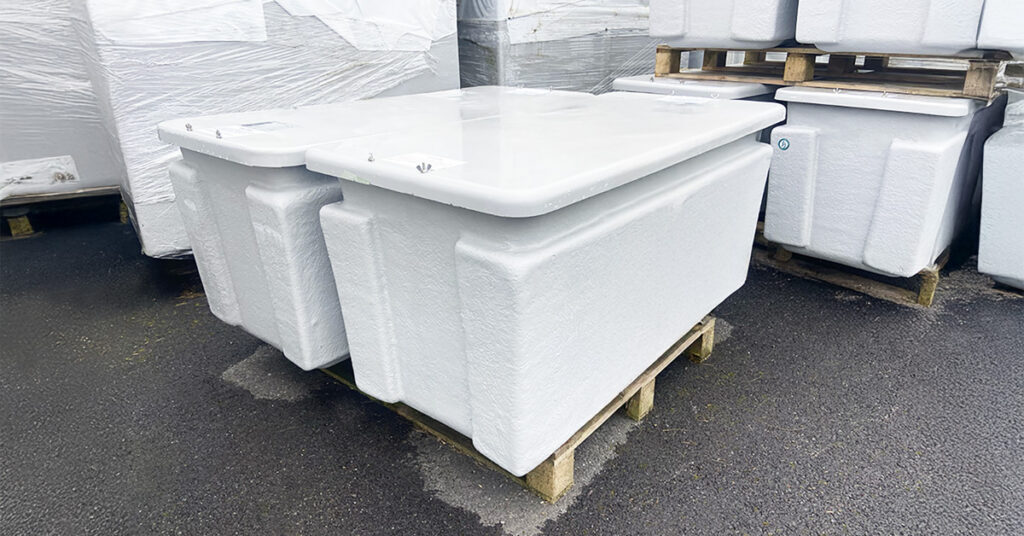
One-Piece GRP Tanks
- Best for: Livestock sheds, barns, mobile units
- Capacity: 45 to 16,000 litres
- Benefits: Easy to install, minimal maintenance
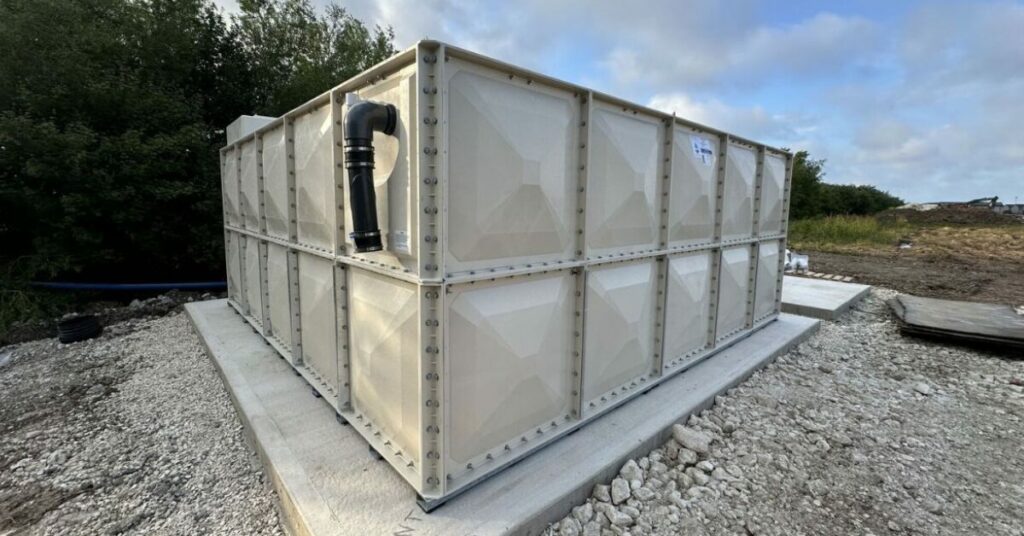
Sectional GRP Tanks
- Best for: Large-scale farms, dairies, irrigation systems
- Capacity: Up to 4 million litres
- Benefits: Modular design, scalable, ideal for high-volume storage
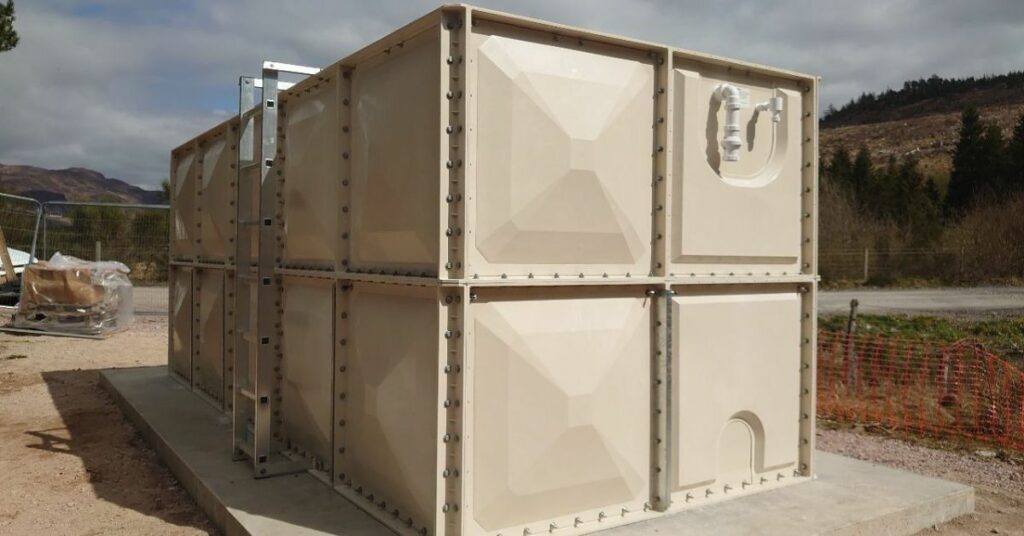
Rainwater Harvesting Tanks
- Best for: Sustainable irrigation and cost-saving reuse
- Benefits: Reduces reliance on mains water, supports environmental goals

Fire Water Storage Tanks
- Best for: Agricultural fire protection compliance
- Benefits: Ensures safety and meets regulatory standards
Sustainability and Environmental Impact
Key sustainability benefits include:
- Reduced water waste through leak-proof construction
- Support for rainwater harvesting systems
- Lower carbon footprint compared to steel or concrete tanks
How Farm Water Tanks Improve ROI
1. Lower Water Costs
By harvesting rainwater and storing it efficiently, farms can significantly reduce their dependence on expensive mains water.
One of the most immediate and measurable benefits of installing farm water tanks is the significant reduction in water-related expenses. By capturing and storing rainwater, farms can drastically cut their reliance on mains water, which is often costly and subject to seasonal restrictions or price fluctuations. This is especially beneficial during dry spells or drought conditions when water demand spikes and supply becomes limited. With a well-designed rainwater harvesting system feeding into high-capacity tanks, farms can maintain a self-sufficient water supply for irrigation, cleaning, and livestock needs. Over time, the savings on water bills can offset the initial investment in tank infrastructure, making it a financially sound decision that enhances long-term profitability.
2. Enhanced Productivity
Reliable water access ensures consistent irrigation and livestock hydration, leading to better crop yields and healthier animals.
Consistent access to water is essential for maintaining high levels of productivity in both crop and livestock farming. Farm water tanks ensure that water is available when and where it’s needed, regardless of external supply issues or weather variability. For crops, this means timely irrigation that supports optimal growth, reduces plant stress, and increases yields. For livestock, a steady supply of clean water is vital for health, weight gain, milk production, and reproductive performance. Interruptions in water availability can lead to reduced output, increased disease risk, and even animal mortality. By eliminating these risks, water tanks help farmers maintain stable operations, improve efficiency, and ultimately generate higher returns from their agricultural activities.
3. Reduced Maintenance Costs
GRP tanks are resistant to rust, algae, and UV degradation, minimizing repair and replacement expenses.
Farm environments can be harsh on infrastructure, but GRP (Glass Reinforced Plastic) water tanks are engineered to withstand these challenges with minimal upkeep. Unlike metal tanks, GRP tanks do not rust or corrode, even when exposed to moisture, chemicals, or extreme temperatures. They are also resistant to algae growth and UV degradation, which are common issues in outdoor water storage. This durability translates into fewer repairs, less downtime, and lower maintenance costs over the tank’s lifespan. Additionally, the smooth internal surfaces of GRP tanks make them easier to clean and maintain hygiene standards, especially important for potable water or livestock use. These long-term savings contribute significantly to a farm’s overall return on investment.
4. Regulatory Compliance
WRAS-approved tanks help farms meet UK water safety standards, making them eligible for government grants and subsidies.
In the UK, agricultural operations must adhere to strict water safety and environmental regulations. Tricel’s WRAS-approved water tanks are designed to meet these standards, ensuring that stored water is safe for both human and animal consumption. Compliance with WRAS (Water Regulations Advisory Scheme) not only protects public health but also opens the door to financial incentives. Many government grants and subsidy programs require farms to use certified equipment as a condition for funding. By investing in compliant water storage solutions, farmers can access these financial supports, reduce the risk of regulatory penalties, and enhance their reputation for responsible and sustainable farming practices. This alignment with legal and environmental standards further strengthens the farm’s financial and operational resilience.
FAQs
Tricel offers a tank size calculator to help estimate your water needs based on livestock, crop type, and irrigation frequency.
Yes. All tanks are WRAS-approved, ensuring they meet UK standards for potable water storage.
Absolutely. Tricel offers dedicated rainwater harvesting tanks designed for sustainable farming.
Key Benefits at a Glance
- Durable GRP construction for long-term use
- Multiple tank types for various agricultural applications
- Sustainable and ecofriendly manufacturing
- Boosts ROI through cost savings and productivity
- WRAS-approved for water safety compliance
In today’s competitive agricultural landscape, maximizing ROI is about more than just increasing output—it’s about making smart, sustainable investments. Tricel’s farm water tanks offer a reliable, cost-effective, and environmentally responsible solution for water storage.
Whether you’re a smallholder or managing a large-scale operation, Tricel’s GRP tanks provide the durability, flexibility, and compliance you need to thrive. Contact our team today.
- Water Industry Insights & Innovations
- Case Studies
- Cold Water Storage Tanks
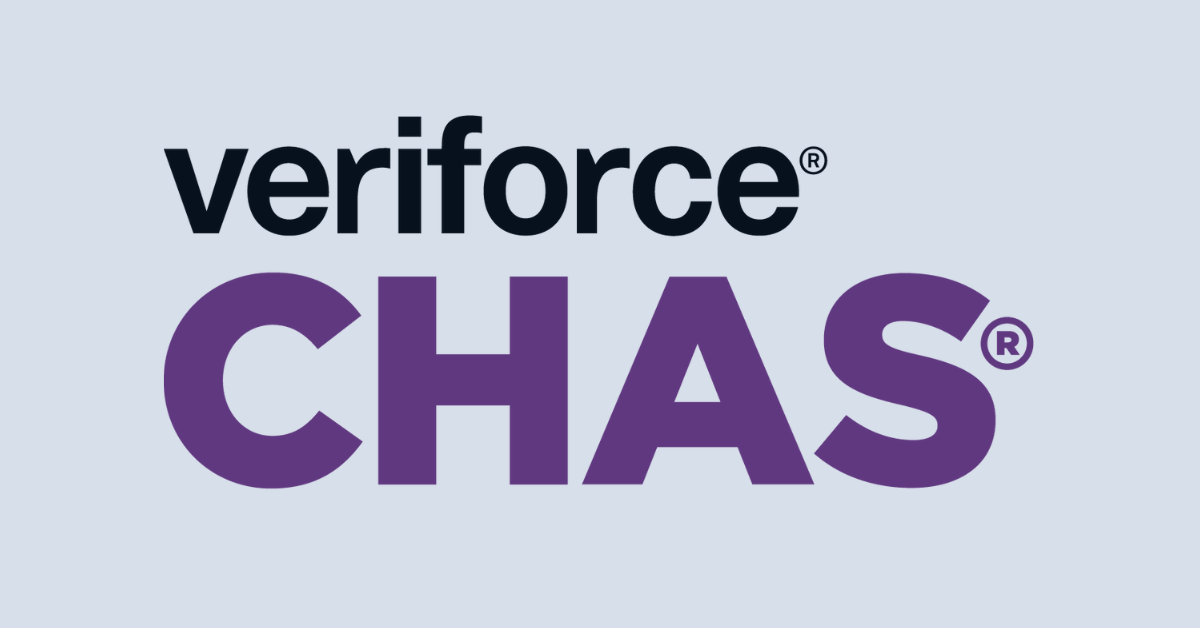
Tricel Water: CHAS Accredited Water Tank Supplier You Can Trust
Explore how Tricel’s agricultural water tanks help UK farms thrive—supporting livestock, irrigation, and sustainability with durable, WRAS-approved solutions.

Residential Sprinkler Association Approved
Tricel is proud to be a member of the Residential Sprinkler Association (RSA) UK, supporting best practices and promoting the highest standards in residential fire safety solutions.

Tricel Water Achieves SafeContractor Approval for 2025–2026
Explore how Tricel’s agricultural water tanks help UK farms thrive—supporting livestock, irrigation, and sustainability with durable, WRAS-approved solutions.
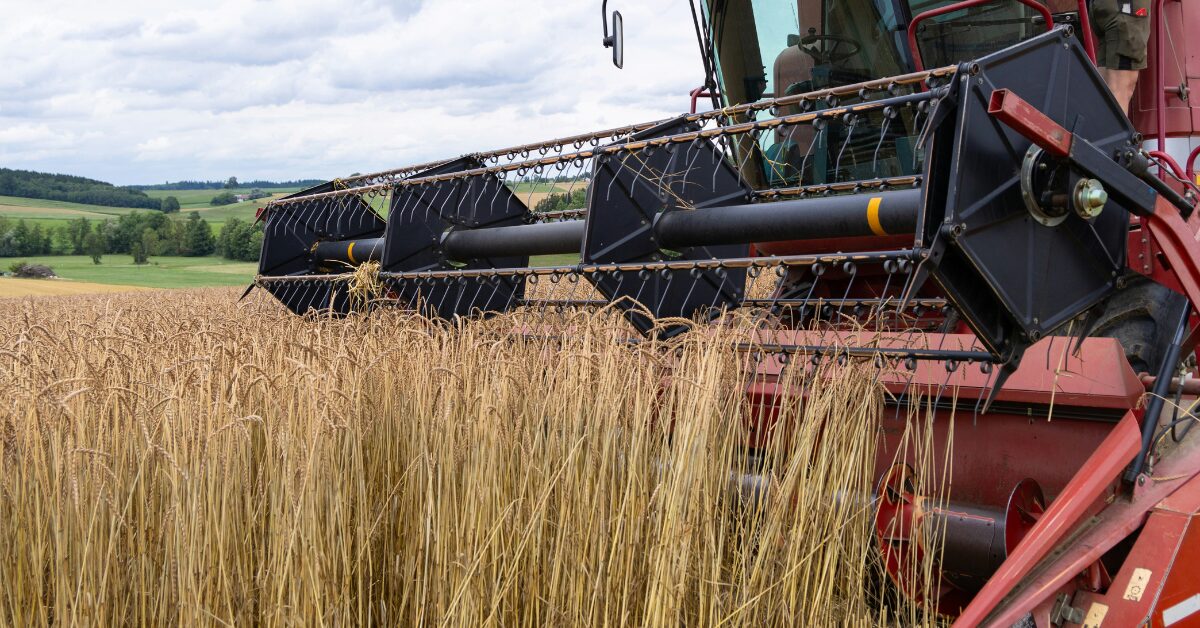
Sustaining Farms: The Role of Agricultural Water Tanks
Explore how Tricel’s agricultural water tanks help UK farms thrive—supporting livestock, irrigation, and sustainability with durable, WRAS-approved solutions.
